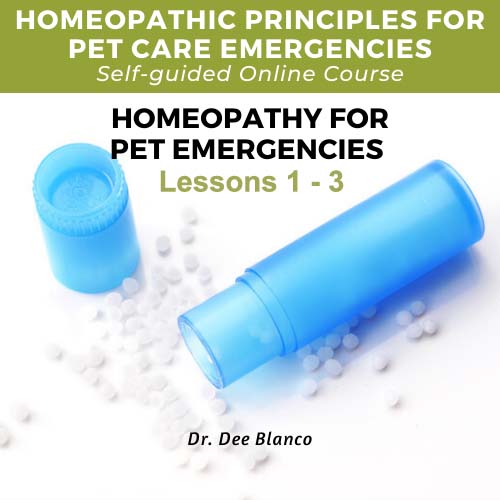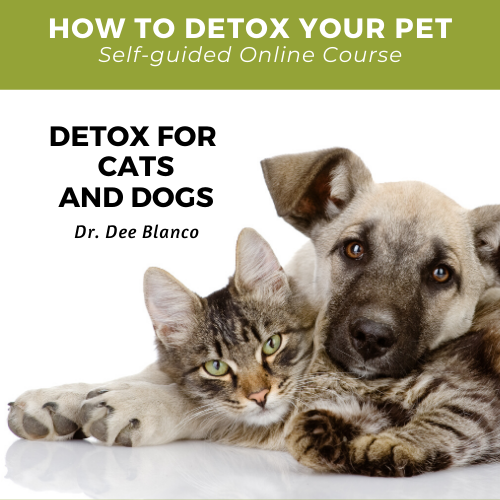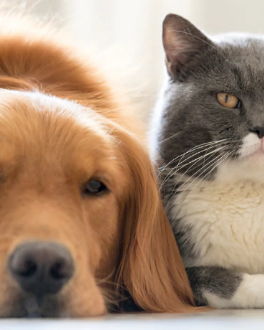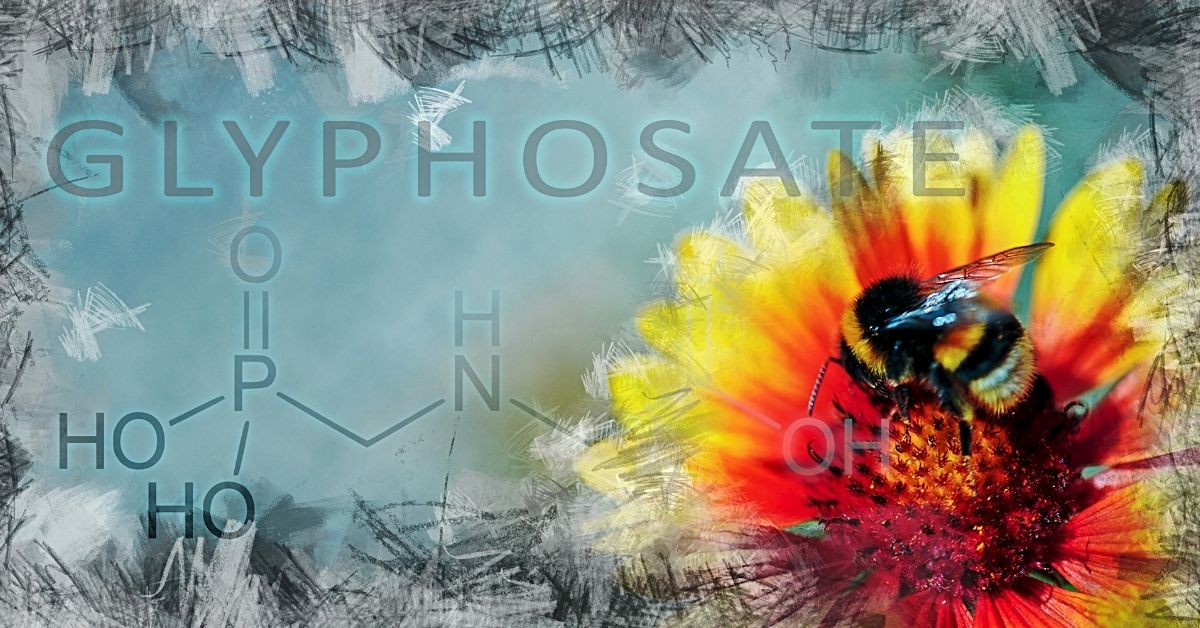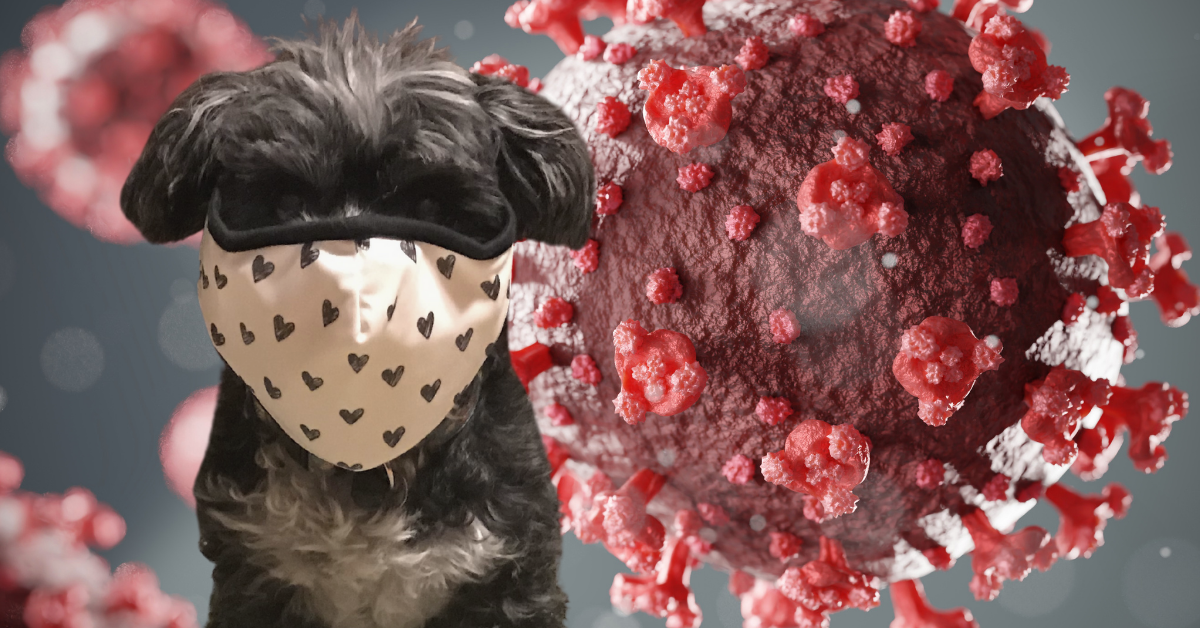You’ve probably heard of the term glyphosate before, but, do you know how this toxic substance impacts the well-being of not only your animals, but, of your entire family and the planet?
Glyphosate is, by far, the most widely used herbicide in the world.
Pronounced “gly-pho-sate,” this chemical is the predominant ingredient in the widely available Roundup.
Glyphosate can be found in more than 700 agriculture, forestry and home products. It was created and patented in the 70’s by Monsanto. By 2005, its use had increased by more than 1500 percent.
The United States leads the world, next to Brazil, for highest use.
If you live in the United States, it’s almost impossible to avoid glyphosate exposure and its alarming impact on you, your animals and all life forms. If you live in the European Union, you still have the risk of contamination if you eat beef from countries using glyphosate, like Argentina, or if you eat certain mainstream brands of ice cream. In the EU, the general use of glyphosate was just banned for another five years. It’s not a perfect ban, but, a lot better than what we have in place in the USA.
If glyphosate is so prevalent in our everyday products, how is it used?
Glyphosate is a herbicide used on farms to kill ‘weeds’ or unwanted plants of any sort. It was first patented as a broad spectrum anti-parasitic and antibiotic to treat malaria. It is the active ingredient in making GMO crops ‘RoundUp Ready’, meaning RoundUp may be used generously on GMO crops without killing those crops, only the so-called weeds that are competing for surrounding nutrients.
Big marketing has promoted glyphosate as a powerful, stand-alone weed killer or combined with GMO crops as the perfect team for improved crop yields. But this marketing hasn’t matched reality as yields have not increased.
So, the deeper question is: why would anyone use these products if the yield did not increase?
I think of glyphosate as a generic plant killer. The weed-killer euphemism is really language used to justify its use to kill any unwanted plants. Having plants between endless rows of corn, soy, wheat, and other crops are considered “unwanted weeds.”
This is where the war starts.
When glyphosate became available as Roundup to “control” bothersome plant life in gardens and public parks, it also increased your own and your animals’ exposure.
Even more dangerous is the combo-wombo formula with 2,4-D (one of the ingredients in Agent Orange, the carcinogenic defoliant of the Vietnam war) known as the Enlist Duo that’s sprayed on genetically modified crops including soy, corn and cotton.
Another area of massive glyphosate use in our environment is as a desiccant for crops like wheat, insuring all parts of the crop are ready for harvest at one time, making for a more efficient harvest. You might wonder whether or not this use of glyphosate on wheat could be associated with the epidemic of gluten intolerance. Is it really glyphosate intolerance?
Glyphosate and genetically modified organisms (GMOs) go hand-in-hand.
About 80% of the world’s GMO crops are adapted to be glyphosate-resistant, or “Roundup-Ready,” allowing them to survive while all other plants around them die.
Another addition to the Roundup formula is a surfactant agent which increases its adhesion to the plant, decreasing the ability to wash it off. The surfactant has been estimated to make it about 1000 times more toxic. Residual estimates the amount of time it stays in the soil is somewhere between 23-25 years.
Big GMO crops include corn, soy, sugar beets, canola and alfalfa which are ingredients in most commercial dog and cat dry food.

How to safely detox your pet
Self guided online course for detoxing your cat or dog Price: $35
Any wheat, GMO crop, cotton or animal product (meat, bones, milk, cheese) is contaminated with glyphosate.
Glyphosate kills everything! Yes, it kills weeds, but, it also takes out beneficial insects, microbes and fungi.
Glyphosate kills plants by stopping a specific enzyme pathway known as the shikamate pathway thus preventing them from making certain proteins needed for plant growth.
It kills “good” bacteria (our BFF for gut and immune system health) allowing the overgrowth of not-so-friendly bacteria to survive. It’s not a coincidence the levels of Clostridium botulinum (botulism) are increasing on America’s farms, in the farmers themselves, and their animals. Killing friendly bacteria makes way for stronger developing species of more detrimental Salmonella bacteria to grow.
Glyphosate chelates (bonds with) minerals like zinc, magnesium, cobalt, copper and calcium, which stops the plants from absorbing these minerals from the soil, ultimately starving the plants and killing them.
But the really cruel mission of glyphosate (also aptly called glypho-satan) is blocking major detox pathways in the liver, preventing the body from detoxing. Not only does it block the detox of the glyphosate and its companion toxicants, but, it lowers the ability for the body to detox anything at all!
In 2010, the World Health Organization categorized glyphosate as a “probable carcinogen.”
Of course, Monsanto disputes this conclusion. They say there’s no evidence linking glyphosate to cancer and they claim it’s non-toxic to people and pets and “safer than table salt.”
According to the Pesticide Action Network (PAN) report on genetically modified organisms (GMOs), the evidence regarding Roundup’s safety is “based on outdated and largely unpublished studies by manufacturers.”
What PAN has discovered from laboratory and epidemiological trials (as in, those studies not conducted by parties who could benefit or lose profits from the findings), is Roundup “poses serious health hazards, including endocrine (hormone) disruption, DNA damage, cancer, birth defects, and neurological disorders.” In case you’re wondering, the dosage for these studies was set for a realistic amount of glyphosate a person could consume from ingesting the Roundup residue on GMO crops. For those who regulate how much of any chemical is permitted in our food, current standards are of no use to us since those regulations are based on outdated subjective evidence.
We can’t effectively detox glyphosate and it accumulates over time in our tissues; it’s the same for our pets.
You can assume you and your pets all have glyphosate in your bones, intestines, livers, spleens, kidneys, muscles … and mothers have it in their breast milk. Testing in my home of two humans and one dog all showed glyphosate in our urine.
According to the WHO, 1 in 4 people die from diseases of air, water, soil pollution, chemical exposures, climate change, ultraviolet radiation – all from human activity. It’s probably much higher if we were able to add the cumulative effects of multiple toxicants, over multiple years.
Dr. Stephanie Seneff, major research scientist at MIT, has linked many major chronic ailments to glyphosate exposure include obesity, heart disease, infertility, cancers, auto-immune, inflammatory bowel disease, and brain disorders like ADHD, autism, Alzheimers, Parkinson’s disease, and depression.
How does glyphosate affect the health of my animals?
The illnesses listed below are some of the top diseases linked to glyphosate. You’ll notice a lot of overlap between the list of animal impact and the list of human diseases linked to glyphosate.
- Cancer: Nearly half of dogs over 10 years of age get cancer. For cats, the number is less, but growing yearly. (Read more about this topic in my blog titled How Glyphosate Can Cause Cancer in Your Pets and What to Do About It!)
- Kidney disease: Glyphosate is linked to more than 40,00 kidney disease deaths in farm workers in Sri Lanka and El Salvador, while kidney disease is on the rise in both dogs and cats.
- Liver disease: Glyphosate blocks detoxification in the liver allowing the accumulation of toxins to build up in the body.
- Gastrointestinal disease: Glyphosate destroys “good” bacteria causing many digestive issues and a compromise of the tight junctions in the gut lining leading to leaky gut syndrome.
Most dry pet food kibbles contain GMO ingredients like corn, soy and beets.
Check out the foods researchers Dr. Anthony Samsell and Dr. Stephanie Seneff analyzed in the same study mentioned above. Every pet food they tested contained glyphosate.
They only tested a few products, but, if you’re feeding your pets a non-organic commercial food, it almost certainly contains glyphosate.
How To Minimize The Effect Of Glyphosate For Your Animals
- Eliminate herbicides (especially RoundUp) or pesticides in your yard.
- Politely educate your neighbors about the risks to them and the animals – wild and domestic.
- Avoid parks, lakes, schoolyards, golf courses or other areas likely sprayed with herbicides. Do your research. Ask public officials what and when they spray at your favorite dog park.
- Give your dog regular detox baths (I'll send you one for free when you sign up for my newsletter). Cats can benefit as well.
- Start a detox program for your dog and even your cat.
- Feed fresh foods, buying organic when possible. Remember … glyphosate doesn’t wash off the food. It’s in the food … so again, buy organic.
- Avoid commercial kibbles and canned foods. If you must use commercial foods, choose GMO free foods. Check out the Non-GMO Project’s list of non-GMO pet products and look for their stamp on the food package.
- Feed fermented foods like sauerkraut or sauerkraut juice to help heal the gut. Small amounts go a long way.
- Give your animal the following supplements*:
- Multimineral supplement
- Glutathione
- N-acetyl-cysteine
- Probiotics – don’t spend extra for more billions of CFUs, but rotate different products that provide different bacteria families. Give as a bedtime treat on a spoon of yogurt. And don’t give continuously, rotate periods off and on.
- Fulvic and humic acids: soil based supplements to help heal and neutralize glyphosate damage.
*Dosage: when you buy a supplement made for humans, assume the dosage is for a 150 lb person and adjust it for your pet’s weight. If you buy a product made for dogs or cats, follow the label directions.
